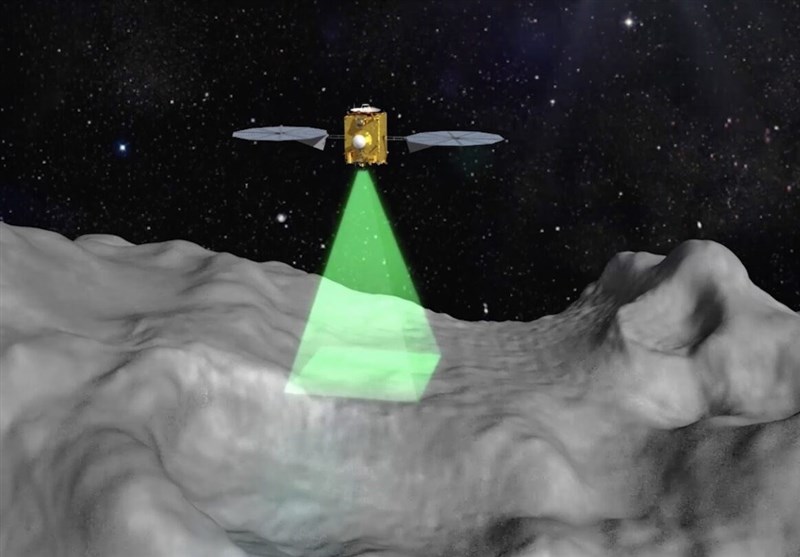
Similar Posts
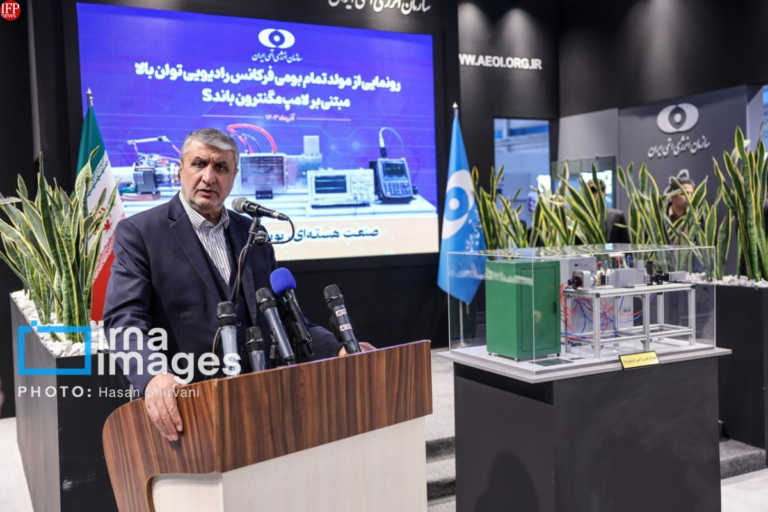
Iran’s Nuclear Chief Reveals Domestic Breakthrough: Producing Dozens of Radiopharmaceuticals!
The Iranian Atomic Energy Organization, led by Mohammad Eslami, announced the production of 69 domestically made radiopharmaceuticals for cancer treatment during the Technology Market Exhibition in Tehran. This includes a new high-power radio frequency generator developed by the Iranian Research Institute for Nuclear Sciences and Technologies, essential for electron accelerators. Eslami emphasized the importance of collaboration among research institutes, universities, and knowledge-based companies in advancing nuclear medicine. Additionally, 20 more radiopharmaceuticals are under development. These initiatives reflect Iran’s commitment to improving healthcare and achieving self-sufficiency in medical technology, aiming for better cancer treatment and diagnostics.

New Study Links Energy Drink Ingredient to Increased Blood Cancer Risk
A study from the University of Rochester’s Wilmot Cancer Institute highlights potential risks associated with taurine, an ingredient in energy drinks like Red Bull and Celsius. Published in Nature, the research shows that leukemia cells may use taurine to enhance glycolysis, promoting cancer growth. While taurine can alleviate chemotherapy side effects, its role in supporting leukemia proliferation raises concerns about its safety for cancer patients. Researchers emphasize reassessing taurine supplementation, especially as over 192,000 Americans are projected to be diagnosed with blood cancer in 2025. The findings call for further investigation into taurine’s effects and potential therapeutic applications.
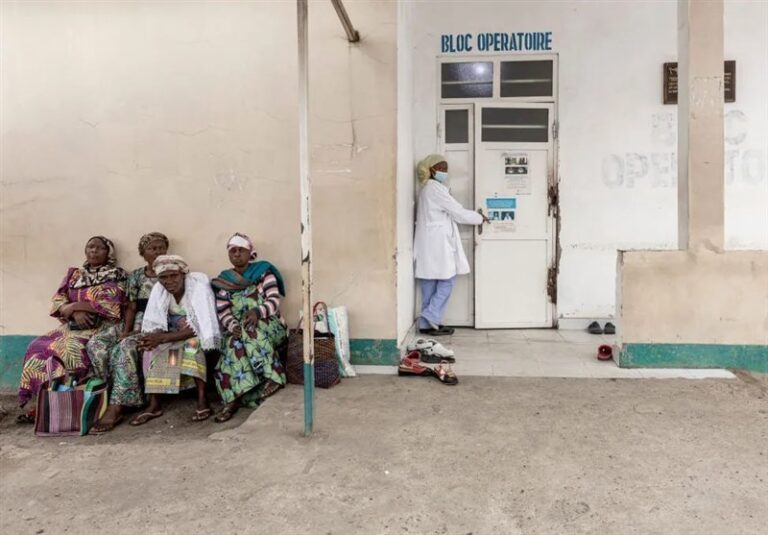
Deadly Mystery Illness Claims Lives of Dozens in Northwestern Congo
A mysterious illness in northwestern Congo has claimed over 50 lives since its outbreak began on January 21, with 419 reported cases. The rapid onset of symptoms, often leading to death within 48 hours, has alarmed health officials. The initial cases were linked to three children in Boloko who consumed bats, raising concerns about zoonotic diseases. The WHO is intensifying surveillance, public health education, and testing to identify the illness, which preliminary tests suggest is not Ebola or Marburg but may involve malaria. Local and international health authorities are collaborating to contain the outbreak and prevent further fatalities.
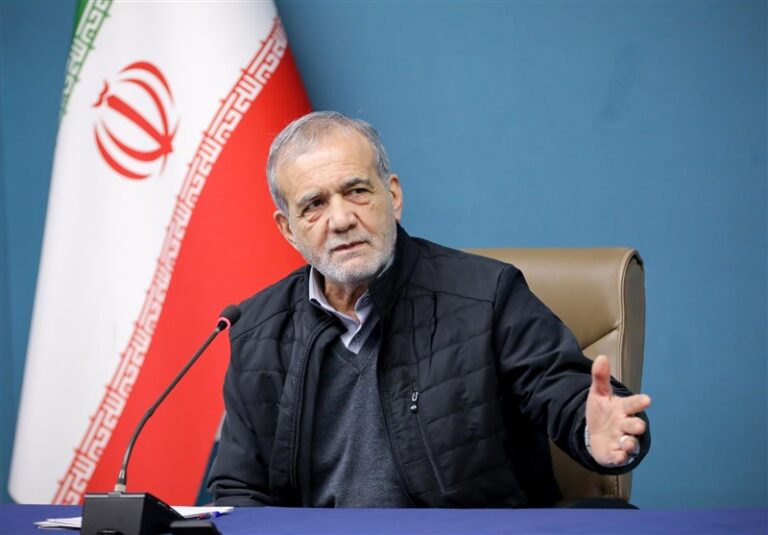
Unlocking Iran’s Future: Pezeshkian Advocates for Essential AI Development
Iranian President Masoud Pezeshkian has emphasized the urgent need to advance artificial intelligence (AI) development in Iran, recognizing the global competition in technology. In a meeting of the Supreme Council of the Cultural Revolution, he highlighted the necessity of monitoring global AI advancements, formulating supportive policies, and addressing challenges hindering growth. Pezeshkian assigned the vice president for science and technology to engage with AI experts for comprehensive studies. He acknowledged the importance of innovation in academic institutions and outlined challenges like infrastructure, funding, talent acquisition, and regulatory frameworks. Iran aims to strengthen its AI sector and remain competitive globally.
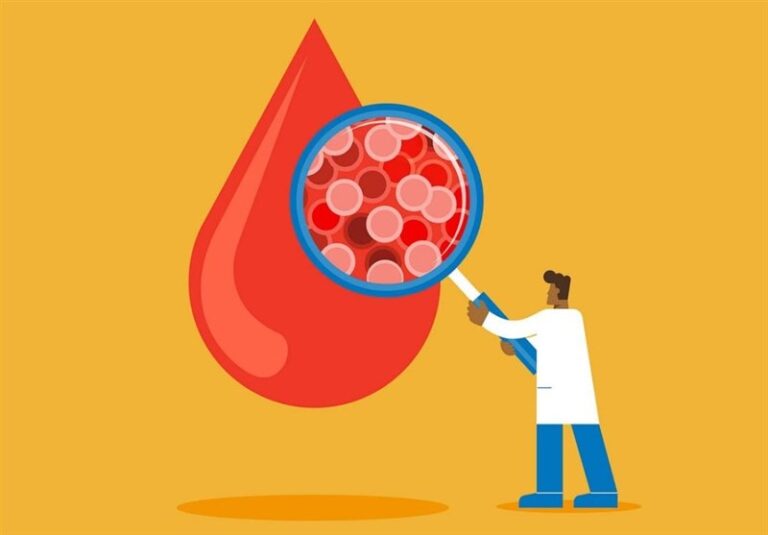
Revolutionizing Cancer Detection: How AI Assistants Empower Pathologists
AI tools are transforming cancer detection, significantly enhancing accuracy and treatment outcomes. One notable innovation is OmniPT, an AI-powered universal pathology assistant developed by Zhejiang University, now used at the First Affiliated Hospital of Zhejiang University School of Medicine. OmniPT improves cancer classification, tumor grading, and detection of vascular and neural invasion, with an 80-90% accuracy in predicting disease progression. Amidst a severe shortage of pathologists in China, this tool automates over 90% of repetitive tasks, allowing pathologists to focus on critical decisions. The integration of AI like OmniPT is essential for improving diagnostic efficiency and addressing workforce challenges in pathology.
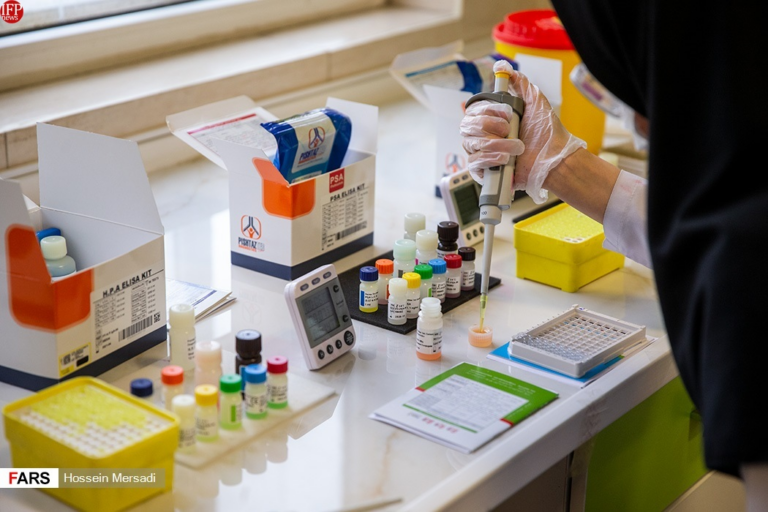
Iranian Geneticist Unveils First-Ever Homegrown Saliva Collection Kits and Cutting-Edge DNA Testing Technology
Dr. Farid Ebn Rasouli, an Iranian geneticist, has developed Iran’s first domestically-produced saliva collection kits and a new generation of DNA testing focused on fitness and nutrition. His journey began in 2017, leading to the launch of the first DNA-based sports test in 2019. After overcoming challenges in sourcing saliva kits, he successfully produced them in 2022, receiving approval from the National Genetic Resources Center. The upcoming second-generation tests will analyze over 240 genetic traits, providing insights into dietary needs, physical performance, obesity risk, and more. Ebn Rasouli’s work enhances health management and positions Iran in global genetic research.